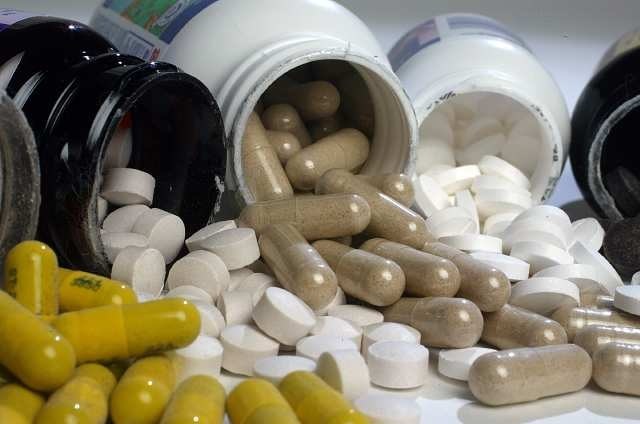How does clavulanic acid
Clavulanic acid is a member of metabolical (enzymes and antifermental). It is an inhibitor of beta-lactamase enzymes and has antibacterial action. The substance structure is similar to the structure of the nucleus the nucleus of the penicillin molecule. However, in contrast, is tiazolidinovogo ring part clavulanic acid is included oxazolidinone ring.
Once inside clavulanic acid inhibits beta-lactamase produced as a result of gram-negative and other microorganisms. The mechanism of action of the substance is as follows: clavulanic acid penetrates through the membrane of the bacterial cells and inactivates enzymes within these cells and on their boundaries. The process of inhibiting beta-lactamase is often irreversible. As a result, the microorganisms are unable to develop resistance to commonly used antibiotics.
How to use drugs with clavulanic acid
Klavulanova acid is administered concurrently with "Amoxicillin" or "Tikarcillina" for the treatment of infectious-inflammatory diseases caused by sensitive to the combination of microorganisms. The drug dosage is individual and determined by the doctor depending on the patient's age, indications, and dosage forms. Intravenous clavulanic acid used with caution in patients with severe violations of the functional state of the liver. The appearance of urticaria or erythematous rash, the medication should be stopped.
Clavulanic acid is contraindicated in individual intolerance. During pregnancy allowed the use of this drug "Amoxicillin" or "Tikarcillina" only for health reasons. Lactation to apply the medicine not recommended. Adverse effects of clavulanic acid include: dyspepsia, cholestatic jaundice, violation of the functional state of the liver, hepatitis, pseudomembranous colitis, candidiasis, allergic reactions (erythema multiforme, angioedema, exfoliative dermatitis, urticaria, anaphylactic shock).
The trade name of the drug with clavulanic acid "clavulanate Potassium + microcrystalline Cellulose". Combination medicines containing klavulanova acid: "AmbiCom", "Amoxiclav", "Amoxiclav, Quicktab", "Arlet", "Augmentin", "the store for help", "Warclaw", "Clamour", "Likev", "Anklav", "Anklav", "Fromentine", "Flemoklav)", "Ecoclub", "Timentin".
